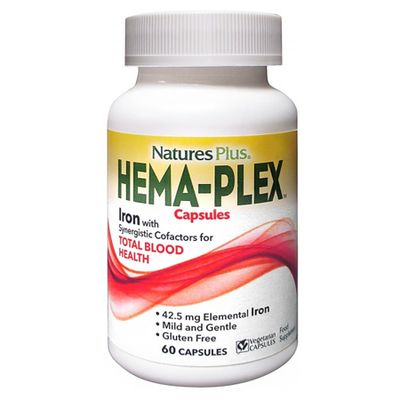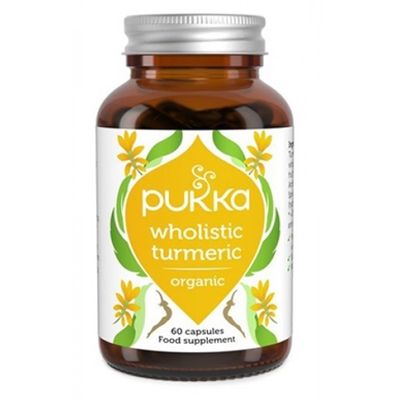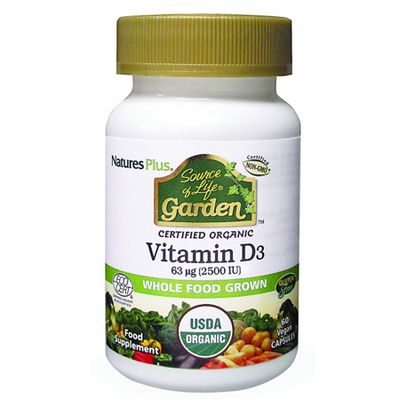
Could Your Supplements Be Bad For You?
How do you know if you need to be taking a supplement?
As we are all constitutionally different, it can difficult to tell. However, past health history, dietary status and stress levels, as well as symptoms of fatigue, skin and digestive issues, brain fog, hair loss, mouth ulcers and brittle nails are signs worth considering when deciding whether to supplement. It is also advisable to supplement if you are on a vegetarian or vegan diet, as B12 and zinc levels are likely to be low. It’s worth considering supplementing after surgery or with a long-term illness too, but it’s always best to check with a health professional before embarking on a supplement strategy.
Supplements like iron are advertised as helping people with their energy levels, but is there any point in taking them if you aren’t iron deficient?
Taking iron when you have been diagnosed as deficient will help you – it’s an essential component of haemoglobin, the substance in red blood cells that carries oxygen from the lungs to your body. Without it, the body can’t make enough healthy oxygen-carrying red blood cells and symptoms of fatigue and apathy will be felt. If a deficiency is suspected, seek advice from a GP who can run a blood test to check your levels. You shouldn’t be taking Iron when you simply feel tired as supplementing it unnecessarily can lead to iron toxicity, with ‘free’ iron damaging the brain and liver – symptoms of an overdose are nausea, vomiting and pain in the stomach.
Can ingesting too much of any specific supplements negatively affect your health?
Yes: vitamins A, D, E and K are fat-soluble and if taken in excess can be stored in the fat and liver, causing toxicity. The body only needs a very small amount of these vitamins.
A surplus of vitamin D can cause the body to absorb too much calcium, leading to calcium accumulation in organs, which can cause constipation, nausea, vomiting and poor appetite.
Should you ever take more than the recommended dose?
In the case of a severe deficiency, higher doses are recommended, especially with regards to vitamin D. But this should only be under the supervision of a health care professional or nutritionist for a set period of time, with consistent reviews of symptoms.
What about natural supplements like turmeric – can anyone take these?
Yes, turmeric is worth considering for its health benefits as it has been used in Ayurvedic medicine for over 3000 years. Curcumin, the active ingredient in turmeric, has been researched and found to be an anti-inflammatory, keeping terminal illnesses like heart disease, Alzheimer’s and diabetes at bay. It’s not recommended at high doses for long-term use and is best used under the supervision of a nutritionist or functional medicine practitioner who can monitor and review your symptoms. The World Health Organisation recommends a dose of 1.4mg per pound (0-3mg/kg) of body weight as an acceptable daily intake.
How do you know if the place you are buying your supplements from is reputable?
You should check a few things: Is the supplier regulated by the Food Safety Act? Are the sellers of supplements registered as a Food Business Operator with the local authority? Are they approved by Good Manufacturing Practices (GMP) authority? These guidelines help the consumer know that the manufacturer has had to meet consistently high standards. It’s also helpful to check labels, the source of ingredients and what buffering ingredients have been used.
DISCLAIMER: We endeavour to always credit the correct original source of every image we use. If you think a credit may be incorrect, please contact us at info@sheerluxe.com.


